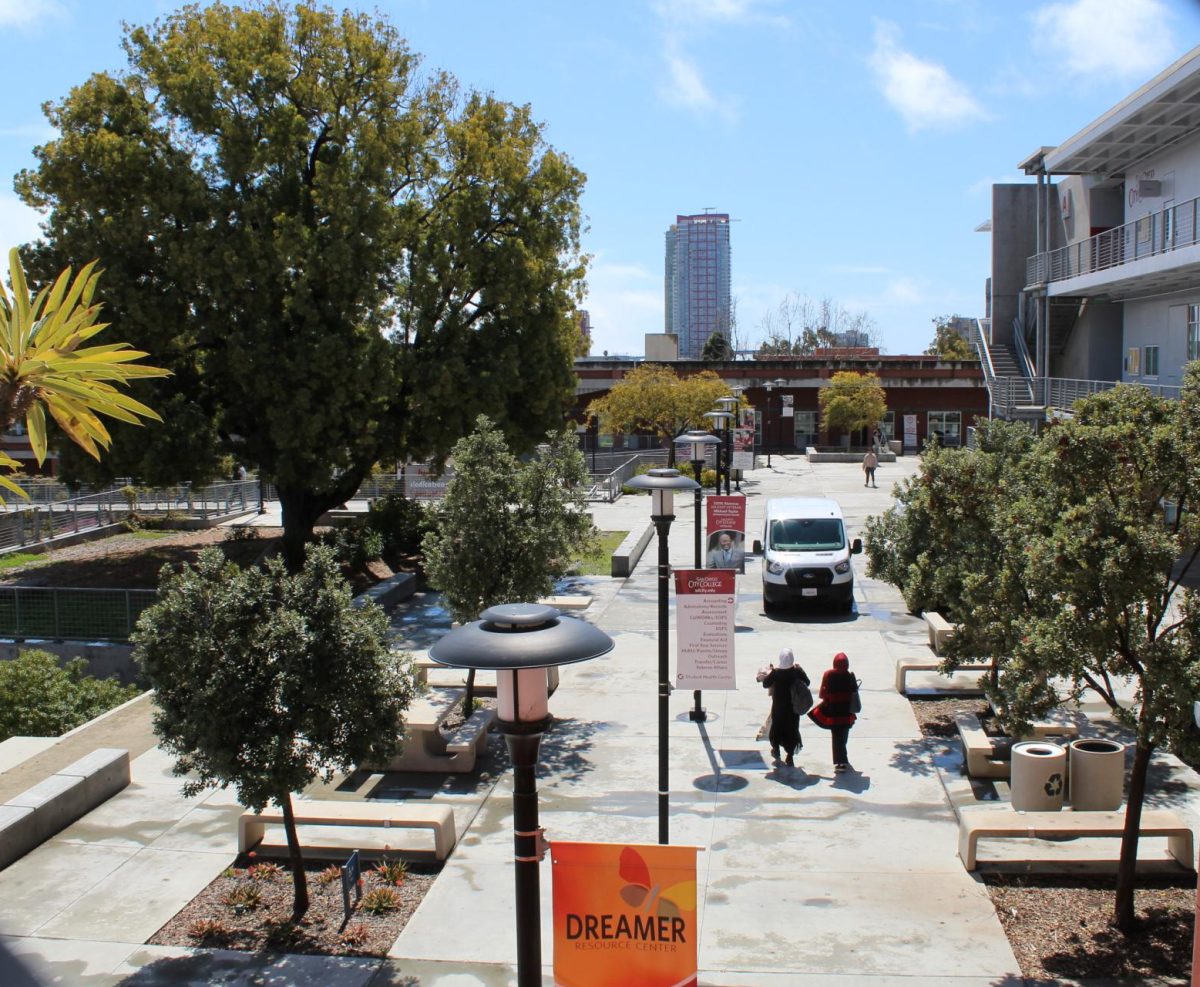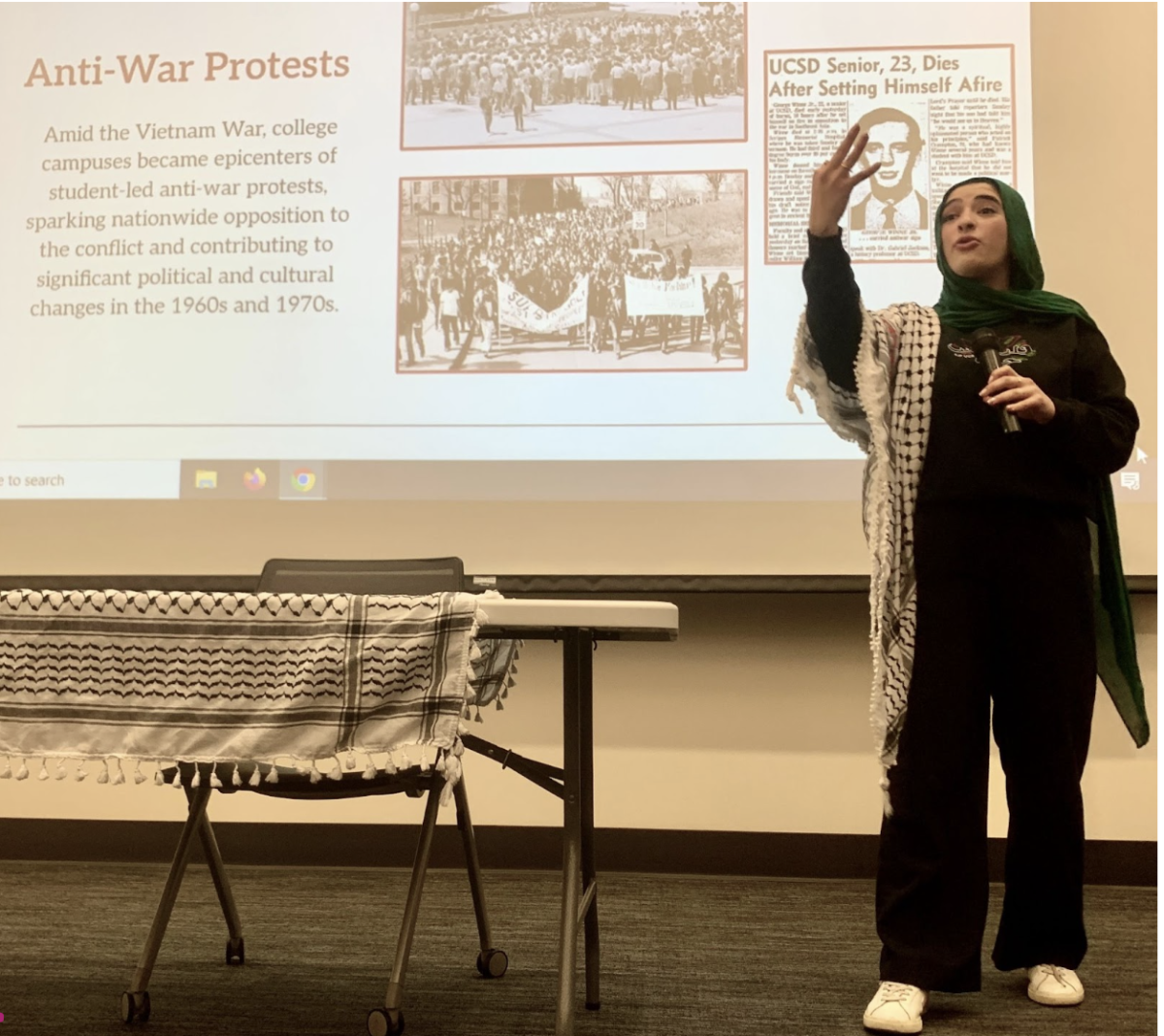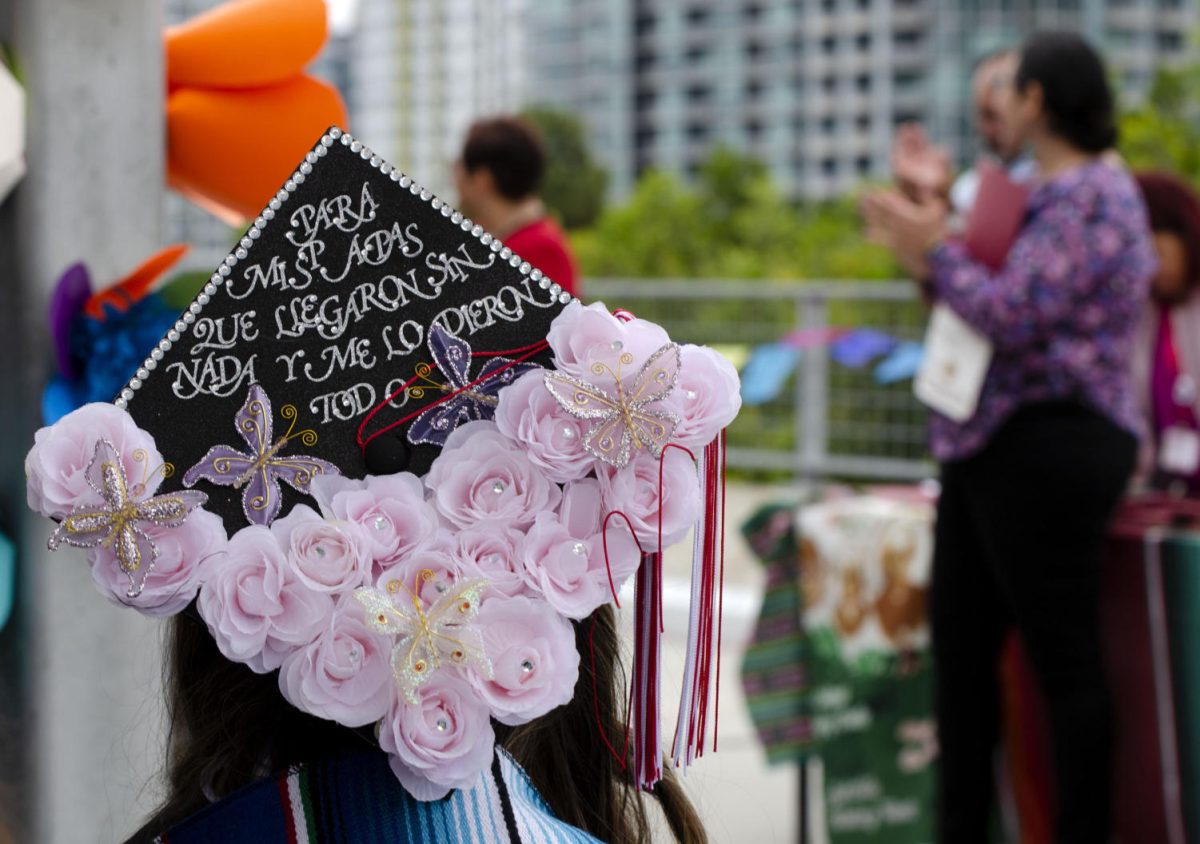MIKE DORSEY
UC Davis Aggie
DAVIS (U-WIRE) — Schools are used to giving grades – not receiving them. But when the tables are turned, the truth about a university’s real desire to “go green” comes out – at greenreportcard.org.
The College Sustainability Report Card, found at greenreportcard.org, evaluates 300 schools in the United States and Canada across nine categories before assigning them a letter grade -aiming to identify colleges and universities leading in their commitment to sustainability.
Fifteen institutions – notably Stanford, Washington, and the University of New Hampshire – received an A-, the highest score on this year’s report card. UC-Davis received a B and matched UC-San Diego for the top grade in the University of California system.
“[The colleges given an A-] are across the board from really small colleges to large private universities,” said Lisa Chase, senior communications fellow for the Sustainable Endowments Institute which created the website. “Some of them, UNH for example has a much smaller endowment than Harvard, and that underscores how much a school can do if committed.”
SEI is a special project of Rockefeller Philanthropy Advisors. Other groups, such as the Princeton Review, do similar evaluations – but none at the same scale, Chase said.
“The report is intended to be a collection tool, but also an information sharing resource so schools will talk to each other and hopefully get ideas about how to better their own sustainability,” Chase said.
Camille Kirk, assistant environmental planner in the Office of Resources Management and Planning pointed out that UC-Davis is on target for complying with UC policy on sustainable practices.
Within the UC goals and benchmarks is a requirement for campuses to do a feasibility study and develop a climate action plan to meet three goals: to lower greenhouse gas emissions to year 2000 levels by 2014, be at 1990 levels by 2020, and to become climate neutral as soon as possible.
“We are right now in the thick of putting together data to undertake that feasibility study, and are in the process of hiring a sustainability manager to coordinate that,” Kirk said.
John Seden has been working on campus sustainability since joining UC-Davis as assistant director of Campus Unions last spring – specifically lighting and energy systems.
This increase can take many forms, and spans all the way from hallway lighting to making sure all the appliance systems we use are energy star efficient.
Seden’s staff has looked into daylight harvesting, which targets areas where enough natural sunlight makes lights unnecessary. The way is to place a small light sensor that turns on lights only as needed.
“This is something that is built into nearly all new buildings now, but we have a relatively old building [in the MU] so we’re trying to do all we can do reduce the energy use,” he said.
The department has already taken some unnecessary lights off the main circuit and put them on limited nighttime use.
“Because it’s brand new, we don’t have numbers on exactly how much specific changes save, but of course when it comes to energy every little bit counts,” Seden said. “And of course every month they’ll save more money and energy in a compounding rate.”
When a school is committed to environmental sustainability, it shows up in their bank account as well as on their brochures, Chase said.
“It’s good business and it’s good for the bottom line,” she said. “Schools can even gain money over time by making renewable energy – traditionally there is a perception that being environmentally responsible means losing money – which is really not the case – it’s a smart move for many reasons.”
Chase said this report is especially valuable, because a university is a microcosm of a city or corporation. With energy going in and waste coming out – and still seeing a return on endowments – it provides a solid institutional model.
The website is not only a blueprint for other schools to succeed, but also for prospective students to see what their college candidates have to offer. A recent Princeton Review poll showed 63 percent of more than 10,000 applicants polled say that a college’s commitment to the environment could affect their decision.








